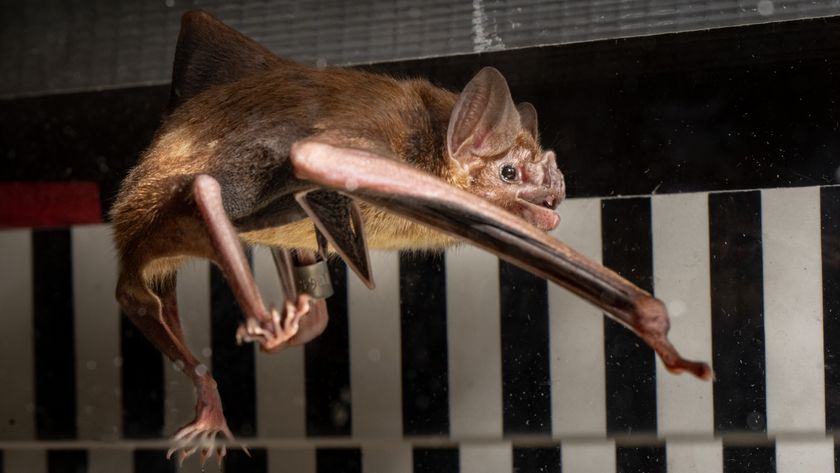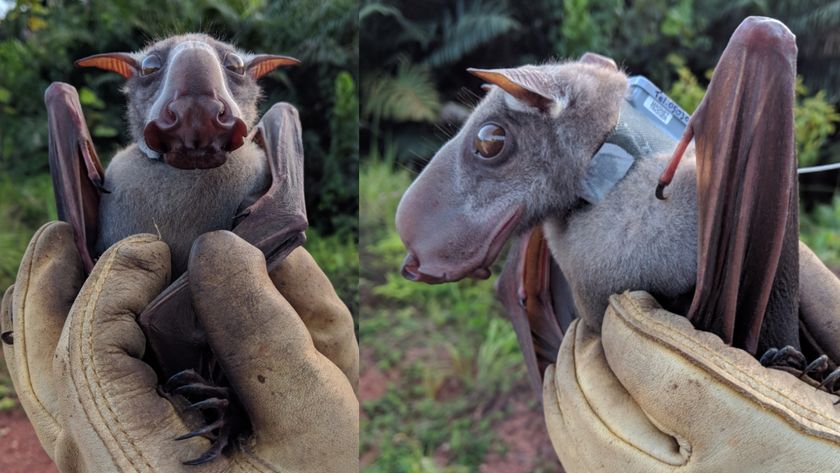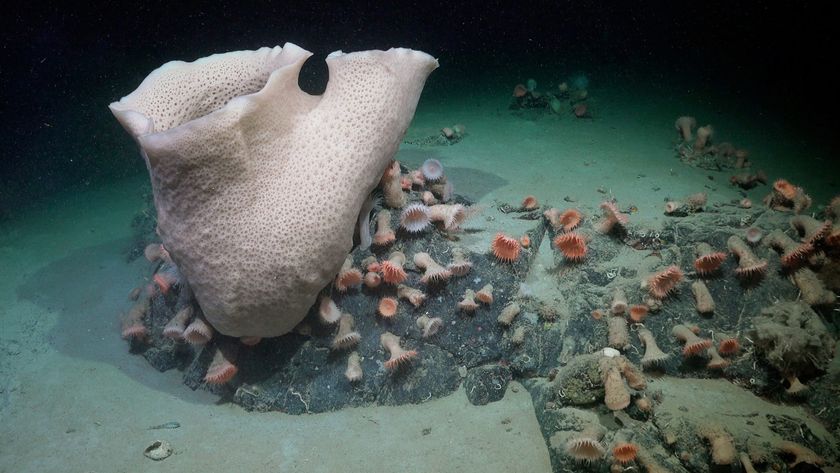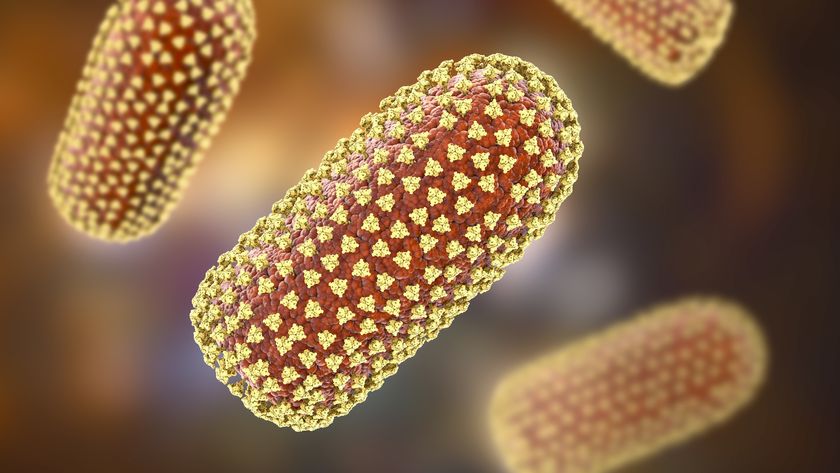Study Reveals How Drunken Bats Sober Up
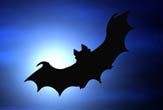
Bats often risk getting drunk off cocktails of alcohol that stew inside ripened fruit. And just as driving is dangerous for intoxicated humans, so is flying for boozy bats.
Now scientists find bats are savvy enough to dine on certain types of fruit sugar to help them get over the ill effects of alcohol. These findings could shed light on how wildlife deals with alcohol.
Bats make up one-quarter of all mammal species. Almost one-third of all bats live on the juices of fruits and the nectar of flowers.
Fruits such as figs and dates accumulate ethanol, or drinking alcohol, as they ripen. While Egyptian fruit bats (Rousettus aegyptiacus) prefer such fruits when they are ripe, as little as a 1 percent concentration of ethanol is toxic for the bats. Even concentrations of less than 1 percent ethanol can make fruit bats sluggish against predators or hamper their ability to avoid obstacles. (For comparison, pale lager beers that most consumers are familiar with are typically 5 percent alcohol by volume.)
"There is very little (research) on the effect of ethanol in wild animals," explained biologist Francisco Sanchez at the Ben-Gurion University of the Negev in Israel. Sanchez and his colleagues detailed their findings on intoxicated bats on April 1 at the Society for Experimental Biology meeting in Glasgow, Scotland.
In the past, scientists have suggested the simple sugar fructose, which occurs in fruits and honey, could help the body break down ethanol. Sanchez and his colleagues gave Egyptian fruit bats liquid meals that contained miniscule levels of drinking alcohol and either fructose, glucose or sucrose. Glucose is a simple sugar found in most plant and animal tissue, while sucrose, commonly known as table sugar, is a combination of one fructose molecule and one glucose molecule.
Breath tests revealed that alcohol levels dropped faster after feeding on fructose-loaded meals than when given food containing either sucrose or glucose. They also found that as the amount of booze in food increased, the fruit bats preferred fructose-rich food more than glucose-laden food.
Sign up for the Live Science daily newsletter now
Get the world’s most fascinating discoveries delivered straight to your inbox.
Curiously, even though sucrose did not appear to help combat intoxication as well as fructose did, the fruit bats preferred food that contained sucrose over foods with either fructose or glucose, regardless of whether or not there was alcohol in the food.
Perhaps for the bats, "some sugars taste better than others," Sanchez told LiveScience. "The perception of sweetness versus bitterness may vary according the type of sugar and the amount of ethanol consumed. The combination of sucrose and ethanol may just have tasted better than either ethanol and fructose, or ethanol and glucose."
- Is There a Hangover Cure?
- Bad Habits: Why We Can't Stop
- Video: How Bats Fly

